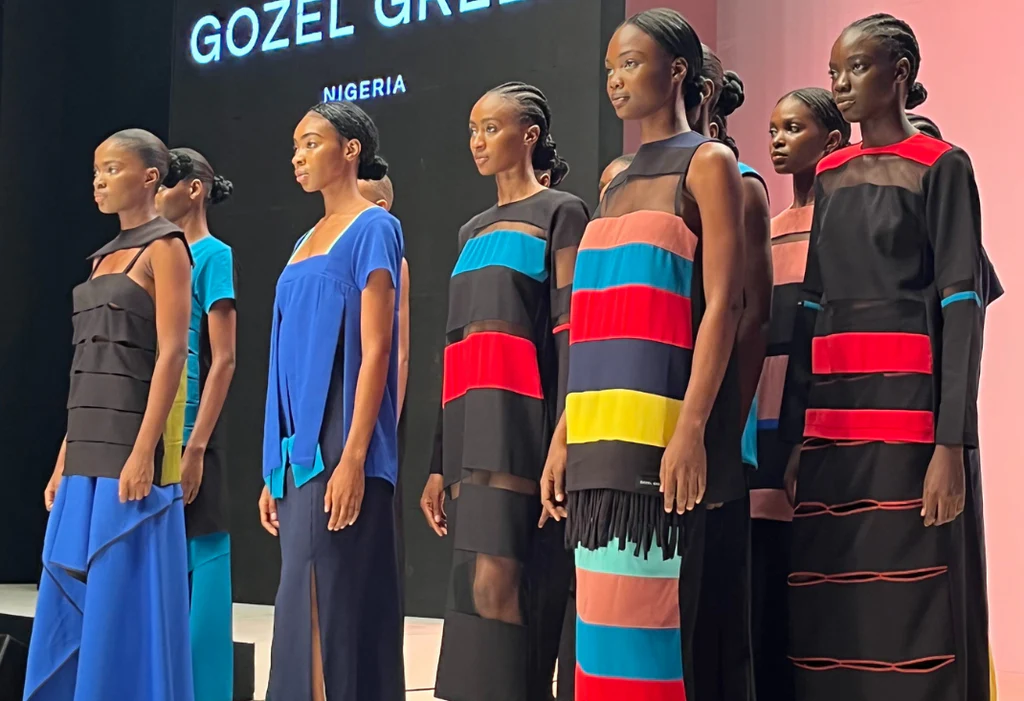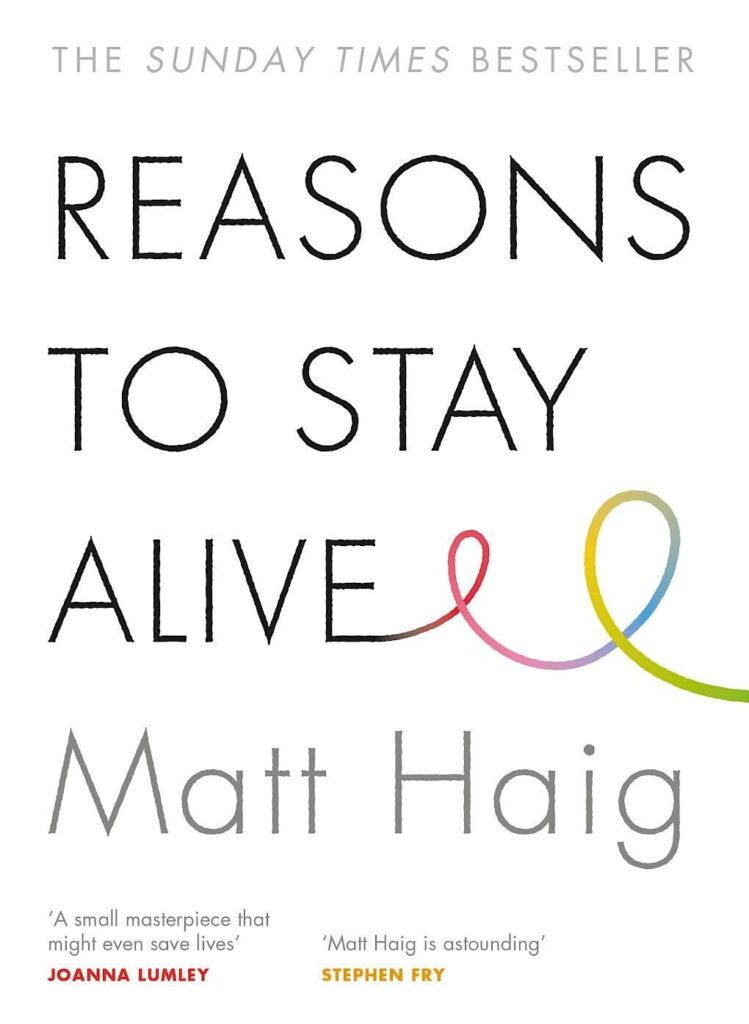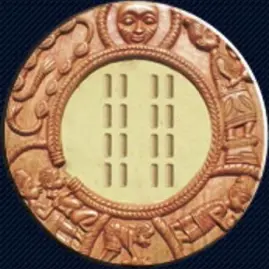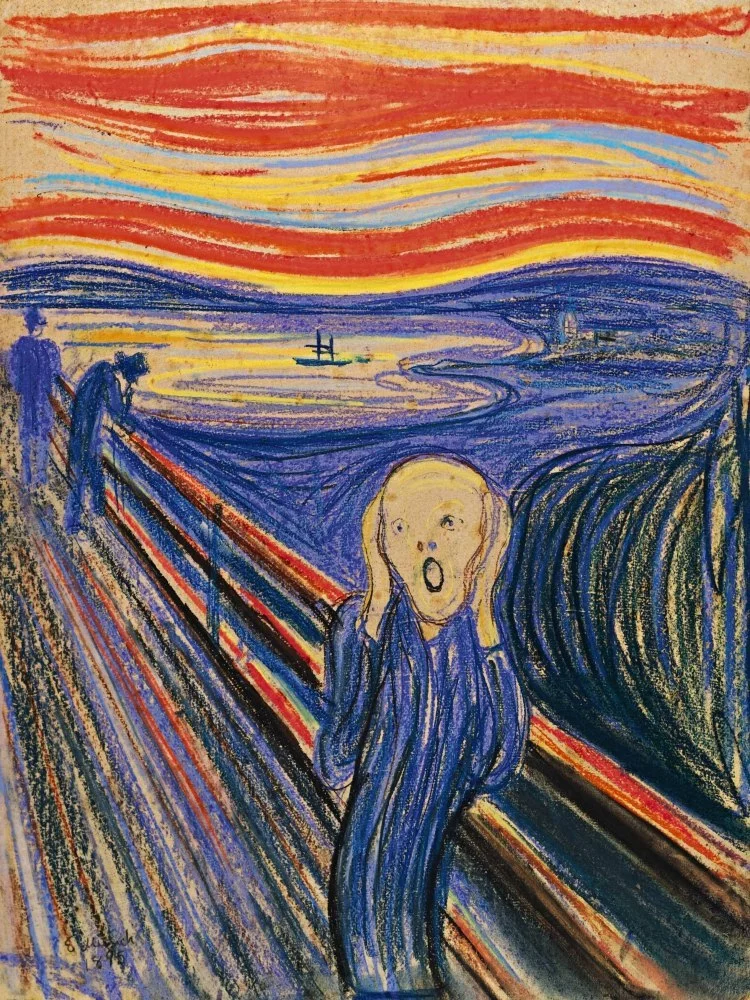There is no denying the fact that the Nigerian cinema is currently undergoing a series of evolution in its creativity arsenal. The women are on the rise, Yes they are and I am not surprised.
However, this evolution is —one that transcends screens, challenges stereotypes, and redefines narratives. The rise of female directors in the Nigerian film industry marks a transformative shift, breaking barriers and paving the way for a more inclusive cinematic landscape.
Breaking Traditions: A New Wave of Visionaries
Traditionally, the film industry in Nigeria, often referred to as Nollywood, has been dominated by male directors.
However, a group of visionary women is reshaping this narrative. Directors like Kemi Adetiba, Mildred Okwo, and Jade Osiberu have emerged as trailblazers, bringing fresh perspectives and unique storytelling techniques to the forefront.
Kemi Adetiba: Setting the Stage for Change
When you see “To kill a monkey” recently released in this 2024, then you will understand how understatement this may sound, -She is simply the best of our directors in a general scenery.
Kemi Adetiba, is renowned for her directorial prowess in the critically acclaimed movie “The Wedding Party,” has become a symbol of inspiration for aspiring female directors. Her ability to blend humor, romance, and cultural richness has not only won audience hearts but also challenged preconceived notions about the types of stories women can tell.
Mildred Okwo: Navigating Uncharted Waters
Mildred Okwo, director of the thought-provoking film “The Meeting,” has ventured into themes that traditionally might have been considered unconventional for female directors. By delving into political intrigue and societal issues, Okwo demonstrates that women in Nigerian cinema are not confined to specific genres but possess the versatility to tackle diverse subjects.
She was nominated for Best Director award at the 4th Africa Movie Academy Awards. She has also directed the films, Suru l’ ere, (2016) and her recent work, la femme anjola (2019)
Jade Osiberu: Empowering Women On and Off Screen
There is no introduction, with films like “Brotherhood” “Gangs of Lagos”, you already know who and what she stands for.
Jade Osiberu, celebrated for her directorial work in “Isoken,” goes beyond storytelling. Her commitment to showcasing strong, independent female characters challenges societal norms and promotes a more nuanced representation of women in Nigerian cinema. Osiberu’s impact extends beyond the screen, inspiring a new generation of female filmmakers.
Navigating Challenges: A Real-Life Drama
The journey for female directors in Nigerian cinema is not without its challenges. Deep-seated gender biases, limited access to funding, and societal expectations often act as hurdles. However, these directors navigate these obstacles with resilience, proving that passion and talent can overcome even the most entrenched barriers.
Chinonye Chukwu: A Pioneering Achievement
Chinonye Chukwu, although based in the United States, represents the global impact of Nigerian talent. Her groundbreaking film “Clemency” in 2019, won the Grand Jury Prize at the Sundance Film Festival, showcasing that Nigerian directors can command attention and accolades on the international stage.
Beyond the Screen: Impact on Society
The impact of female directors extends beyond cinematic achievements. Their narratives challenge ingrained stereotypes, inspiring a shift in societal perspectives on women’s roles and capabilities.
As more women take the director’s chair, a ripple effect of empowerment resonates not only in the industry but also in communities across Nigeria.
A Cinematic Revolution Unfolds
In the evolving landscape of Nigerian cinema, the rise of female directors is not merely a trend; it’s a revolutionary force reshaping the industry’s future.
Through compelling storytelling, resilience, and breaking down traditional barriers, these directors are leaving an indelible mark on Nigerian arts and culture, ensuring that diverse voices continue to enrich the cinematic narrative of Africa’s most populous nation.












